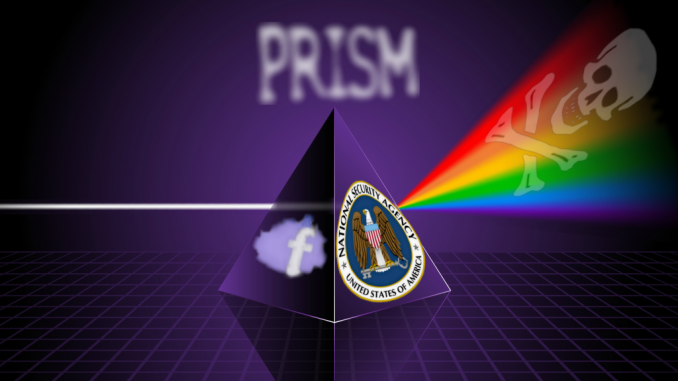
A U.S. federal judge has confirmed that the NSA’s infamous PRISM program does exist – allowing the agency to collect user data directly from major technology companies such as Yahoo, Google, Apple and Microsoft without the users’ knowledge and without a court order.
The stunning admission by the judge means that the PRISM program, originally leaked by Edward Snowden, has given the American government the ability to physically access the servers of numerous internet companies since 2007 in order to snoop on U.S. citizens.

BYPASS THE CENSORS
Sign up to get unfiltered news delivered straight to your inbox.
You can unsubscribe any time. By subscribing you agree to our Terms of Use
Latest Video
Vocativ.com reports:
Since the program’s disclosure, most government reports and redacted FISA court orders have referred to PRISM by the legal authority the NSA claims authorizes it, Section 702 of the Foreign Intelligence Surveillance Act. But that’s confusing, because 702 also authorizes what’s called Upstream collection, which gives the NSA access to raw Internet data—not the same thing as PRISM, which is more specifically targeted.
Federal District Court Judge John Gleeson, who brought up PRISM in a ruling dated February 18 and released Tuesday, is likely the first federal judge to do so, according to observers. In his ruling, he described the program this way:
In PRISM collection, the government identifies the user accounts it wants to monitor and sends a ‘selector’—a specific communications facility, such as a target’s email address or telephone number—to the relevant communications service provider. A government directive then compels the communications service provider to give it communications sent to or from that selector. This type of surveillance, which intercepts ‘to/from’ communications, can result in the interception of communications with U.S. persons if the target happens to communicate with such a person.”
The case in question is against Agron Hasbajrami, an Albanian citizen and resident of Brooklyn. Hasbajrami was arrested September 6, 2011, and quickly pled guilty to trying to travel to Pakistan to join a militant jihadi group, as well as to wiring it money. But it was after he was arrested that the government told him how he was caught: The NSA had used PRISM to investigate a different target, and only read his emails when they were swept up as part of that investigation.
“We’ve been arguing in all of these cases that it’s important for the court to look at the specifics of the program at issue,” Andrew Crocker, a lawyer with the Electronic Frontier Foundation, which has advised Hasbajrami and others charged with evidence obtained through NSA programs, told Vocativ. Though Gleeson’s ruling was likely the first instance of the distinction being discussed openly, he did still find against Hasbajrami, saying that he didn’t possess a “reasonable” expectation of privacy.
The case isn’t over yet, however. Hasbajrami has already filed his notice of appeal.


